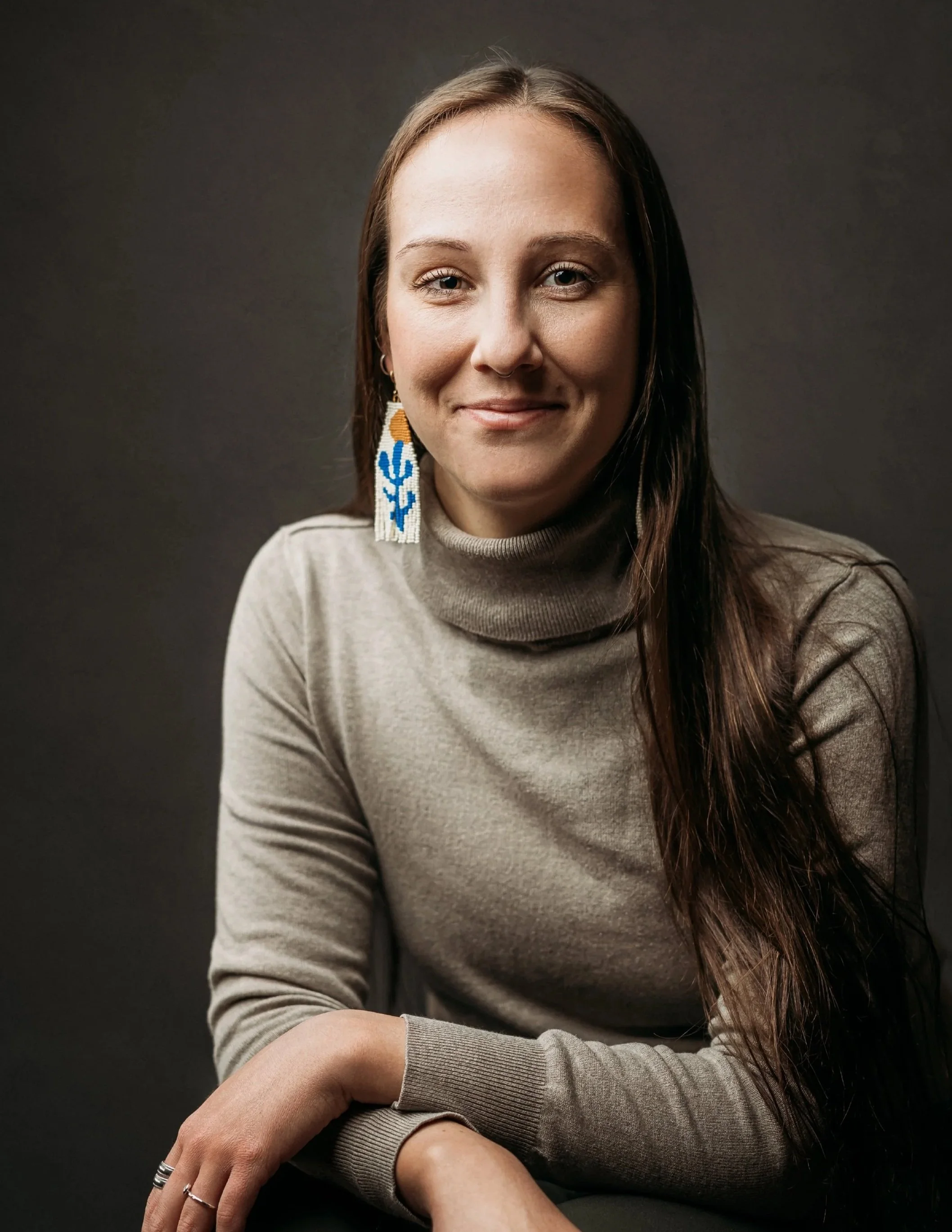Upholding Truth and Reconciliation: Exploring the correlates and causes of Indigenous youth discharged from child welfare and gaps in mental health services within the Waterloo region
Alexis Cantafio
Impact
This project sought to help address longstanding gaps in mental health support and child welfare practices.
Sought to identify where the system has fallen short in supporting Indigenous children and families to promote their health and well-being.
Sought to provide a foundation for a child welfare agency in Ontario (name of agency hidden for confidentiality) to promote practices better reflect the rights, voices, and cultural reality of Indigenous families.
As a result of this project, the child welfare agency in Ontario have developed better policies and practices that meaningfully promote the well-being of Indigenous children and families.
This project led to a smaller study using an updated assessment tool that evaluated both the challenges and strengths in Indigenous families, helping create a more balanced and culturally appropriate way to evaluate their needs.
As a result of numerous challenges with the ethics process, the project was not able to be carried out. This process highlighted the challenges and obstacles that arise when conducting community-based research.
“Although this project could not be carried out, it brought to light both the challenges and opportunities involved in community-based research. It also offered valuable insights into navigating those challenges and emphasized the value and importance of collaboration between universities and community partners.”
— Alexis Cantafio
-
Ontario
-
Studentship
-
University of Waterloo
-
A child welfare agency in Ontario (name of agency hidden for confidentiality)
-
Mitacs
-
2024-2025
-
Indigenous Community Mental Health
-
Indigenous Community, Children (aged 1-12), Youth (aged 13-24)
About the Project
This aim of this project was to shift the child welfare system towards a more respectful and supportive space for Indigenous families and reduce the overrepresentation of Indigenous children in care while ensuring families stay connected to their culture and caregiving roles. The research also looked closely at how A child welfare agency in Ontario (name of agency hidden for confidentiality) had, in some cases, failed to follow important guidelines—such as the Truth and Reconciliation Commission’s (TRC) Calls to Action and Bill C-92. Addressing these shortcoming helped the researcher and her team to begin to identify areas for improvement and growth.
Methodology
An updated version of a risk-assessment tool was created to better reflect Indigenous values and align with Bill C-92 and the TRC’s Calls to Action. The tool was based on one already used by the agency, but it was improved to include Indigenous ways of thinking and the first five TRC Calls to Action that focus on child welfare. It was updated to better identify risks while also recognizing the strengths and support systems within Indigenous families.
In order to develop this audit tool, a literature review was done, which focused on five themes:
The overrepresentation of Indigenous children in care
The importance of cultural understanding and fairness
Resistance to ongoing colonial systems and efforts toward reconciliation
Indigenous self-determination and leadership in finding solutions
The need for bigger changes and public responsibility
Findings
While no major findings had been reported yet due to delays in ethics approval, early work suggested the project could help build a better understanding of the strengths and needs of Indigenous families in a culturally respectful way, aiming to improve mental health supports that reflect their values and experiences.
Project Outreach
The project focused solely on improving practices within the child welfare agency in the province. There were no plans to expand it beyond this scope, though the approach could be used by other regions in the future if found effective.
Resources Created
Alexis was able to attend the Canadian Psychological Association’s 86th National Convention to discuss challenges and opportunities that arise when conducting community-based research. This allowed her to spread awareness of the unique work community-based research encompasses, particularly in the child welfare sector.
She further developed skills that are important when conducting community-based research. Specifically, these skills include: flexibility, advocacy, clear communication.


